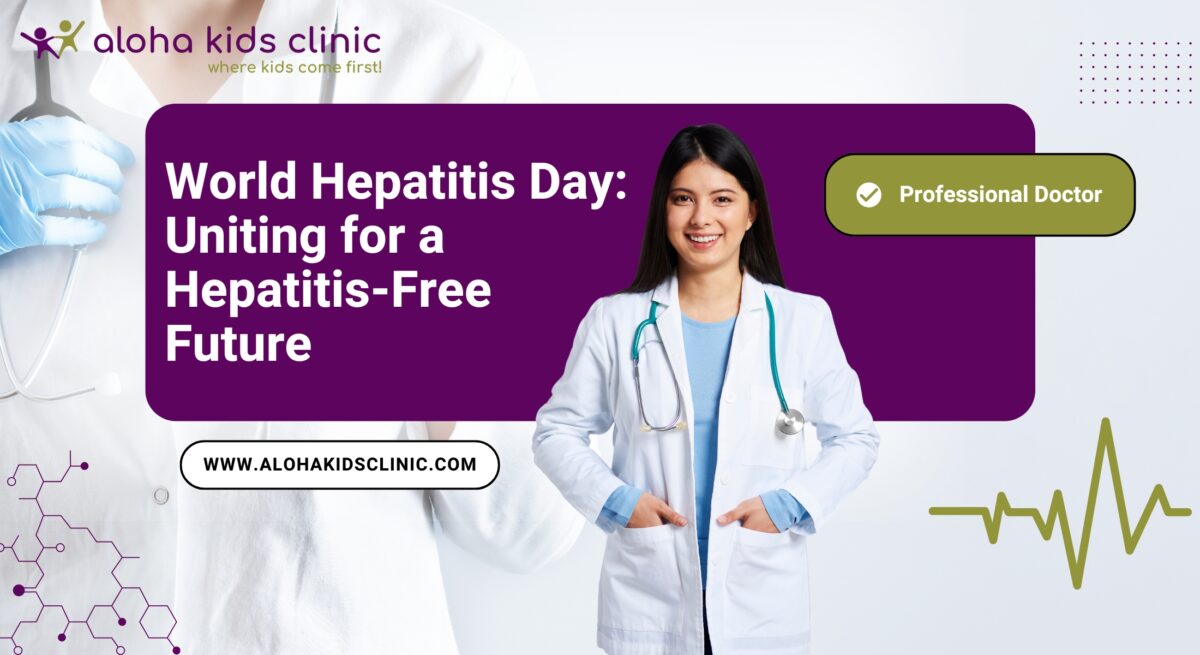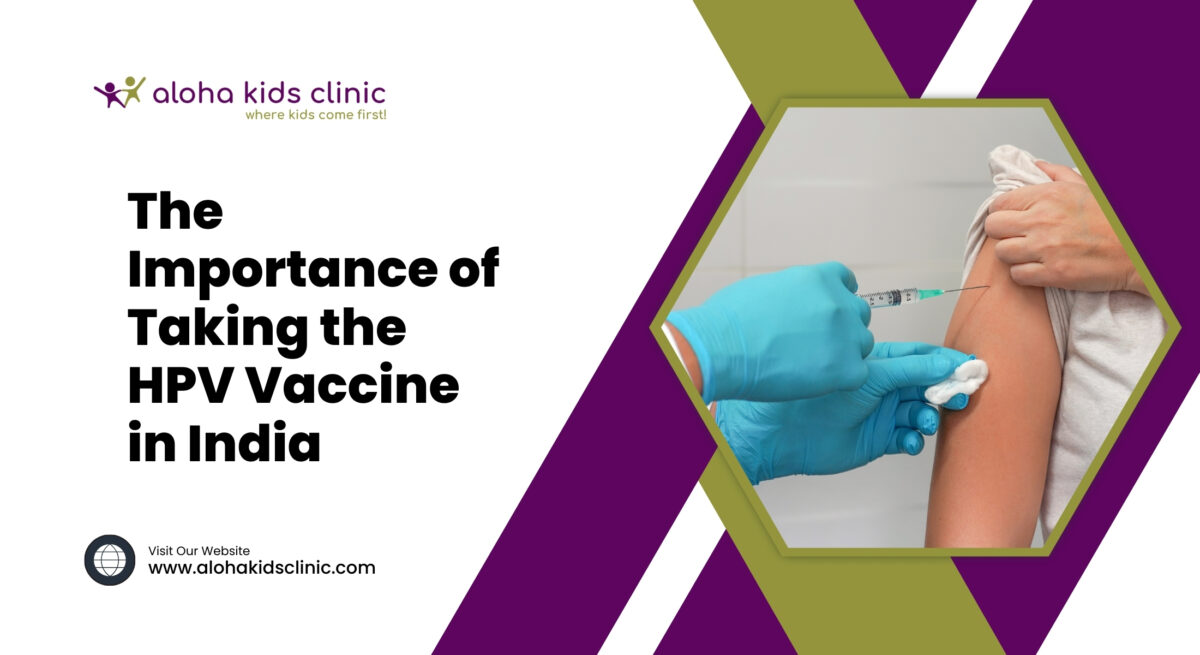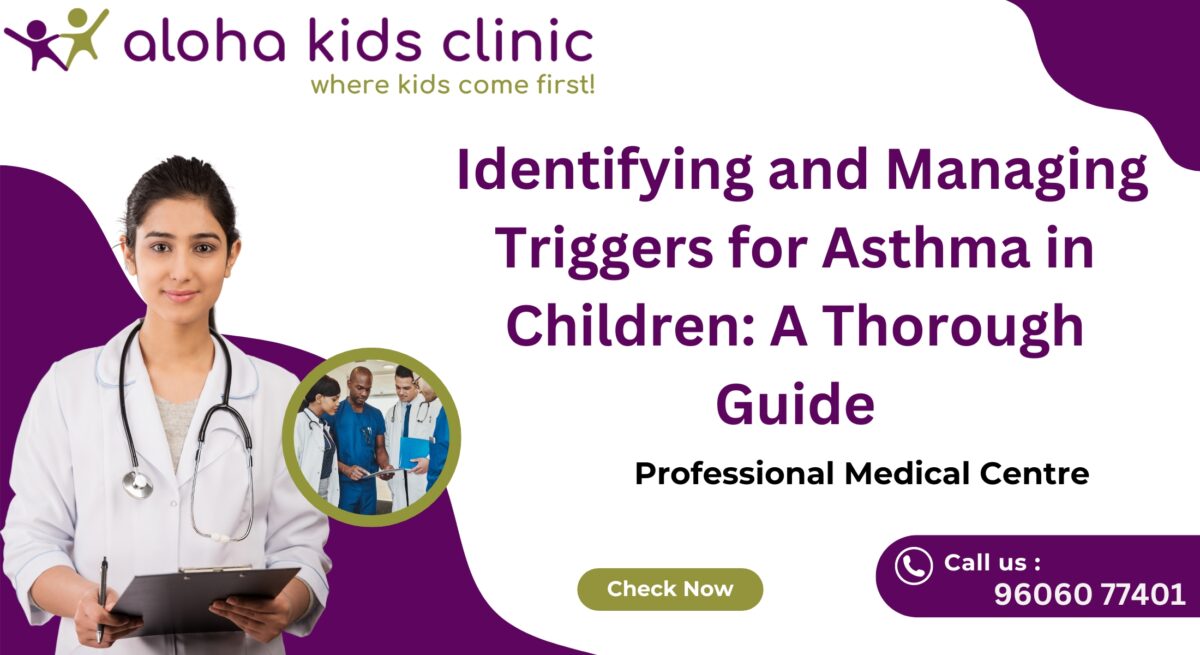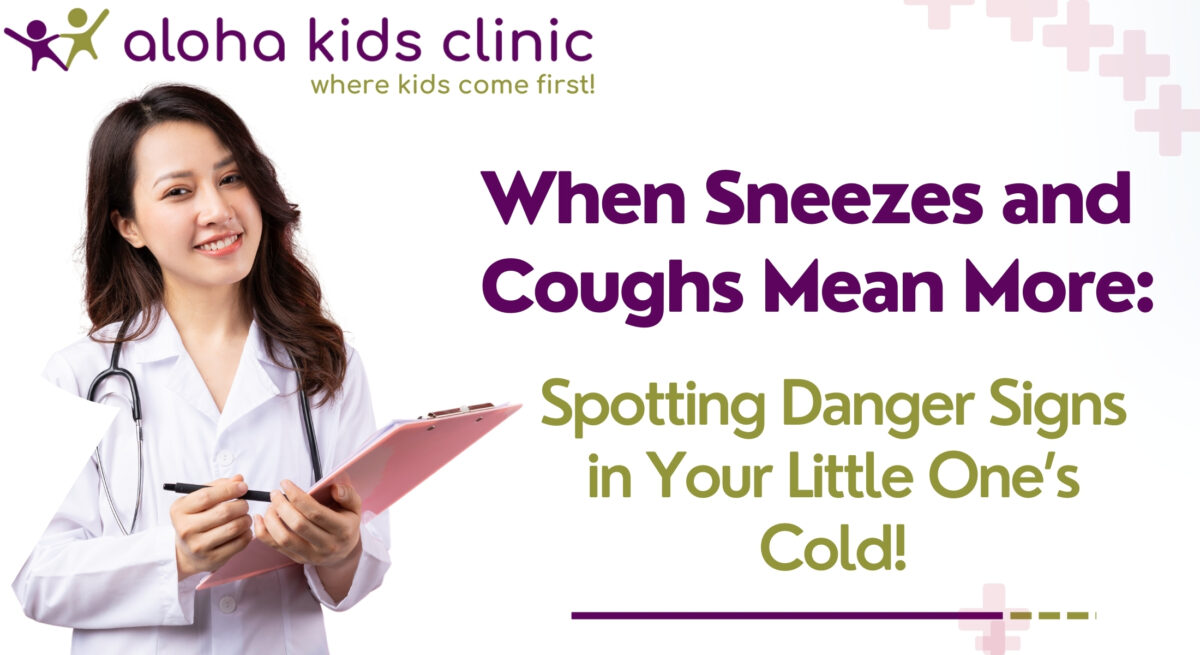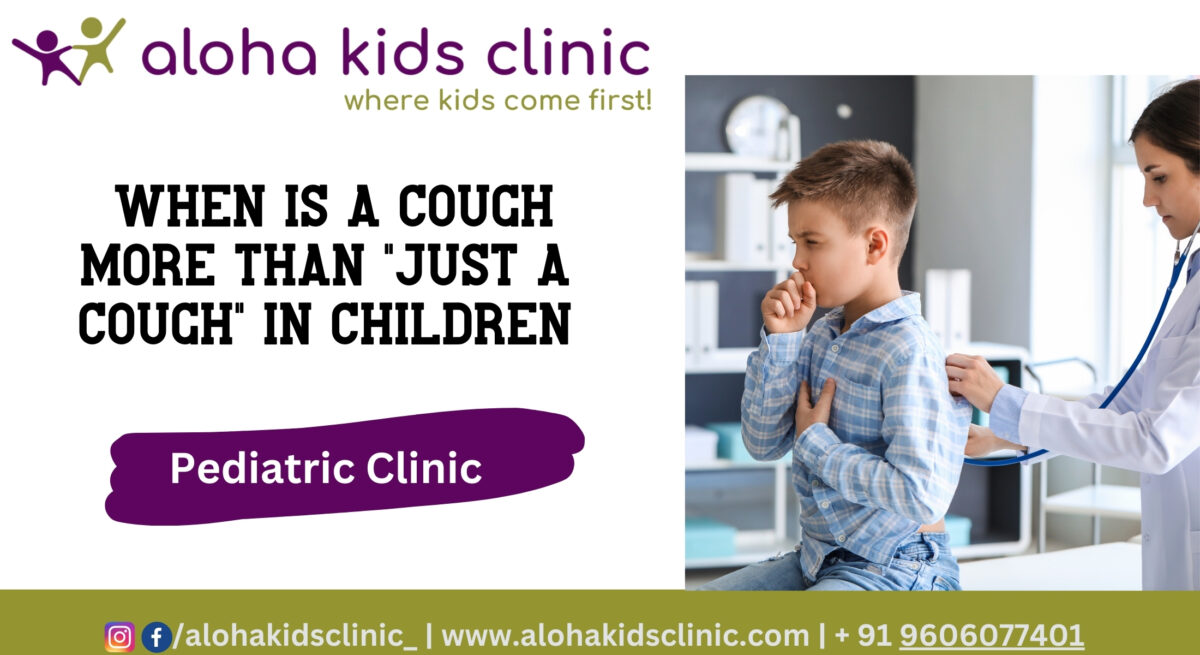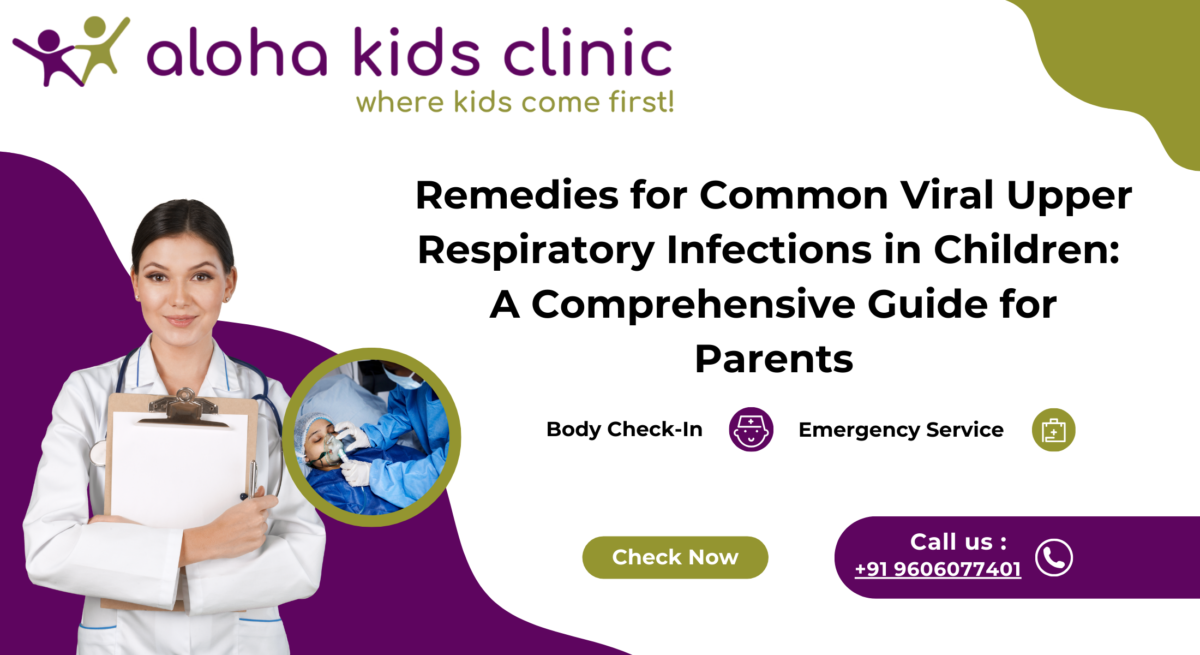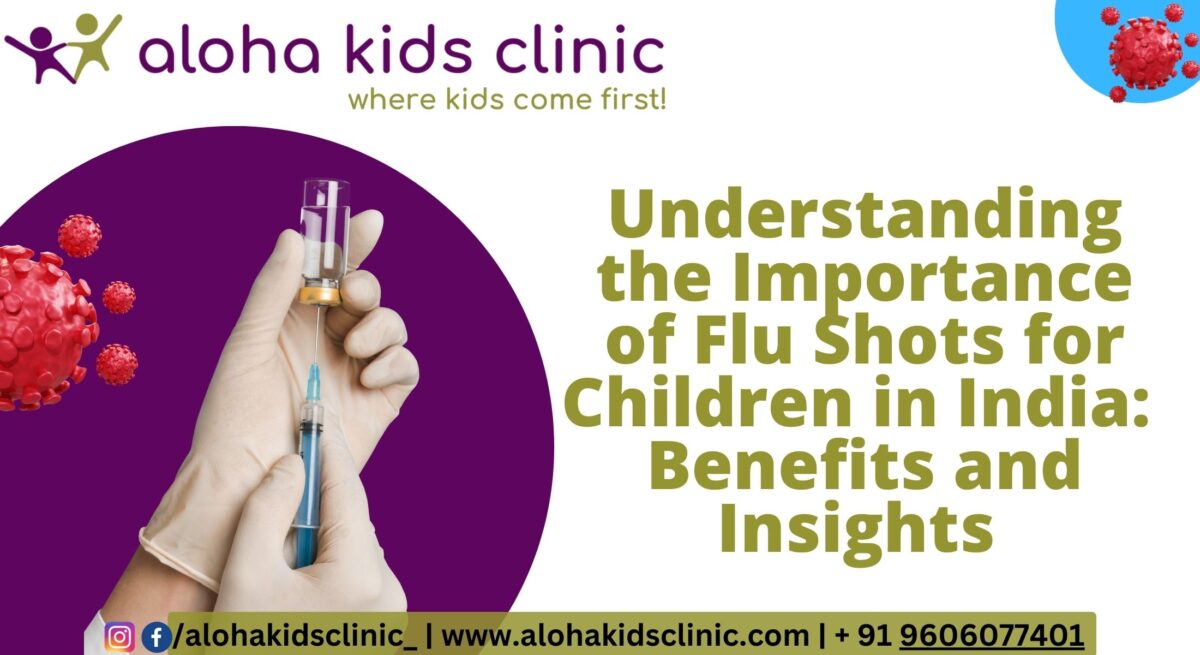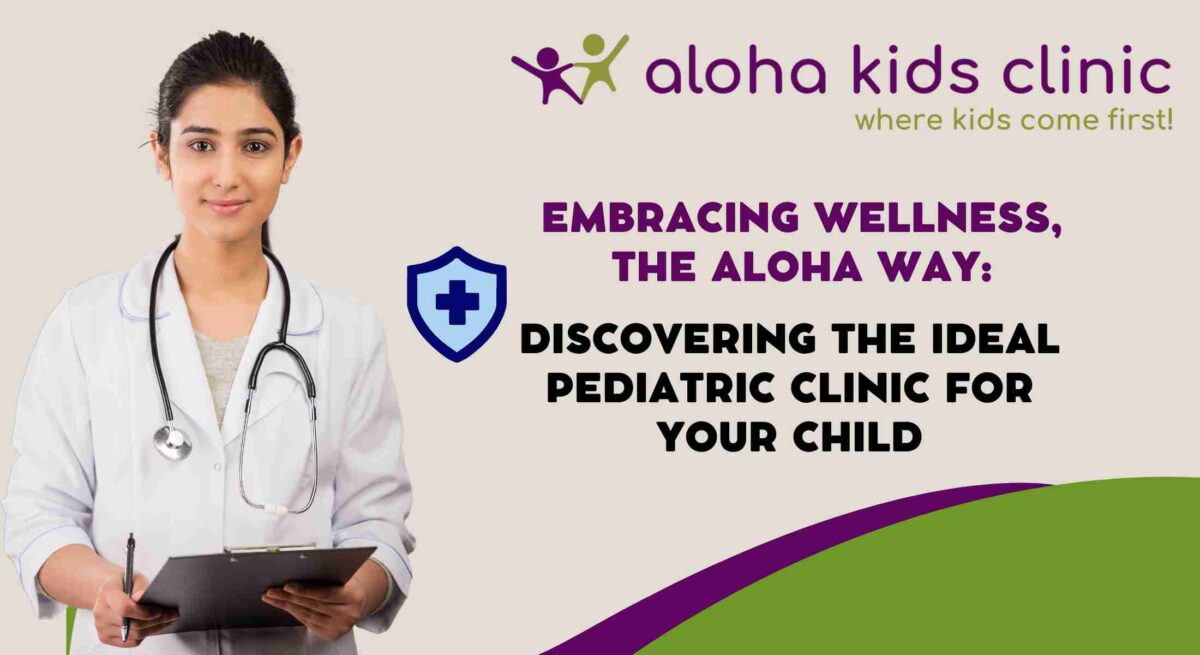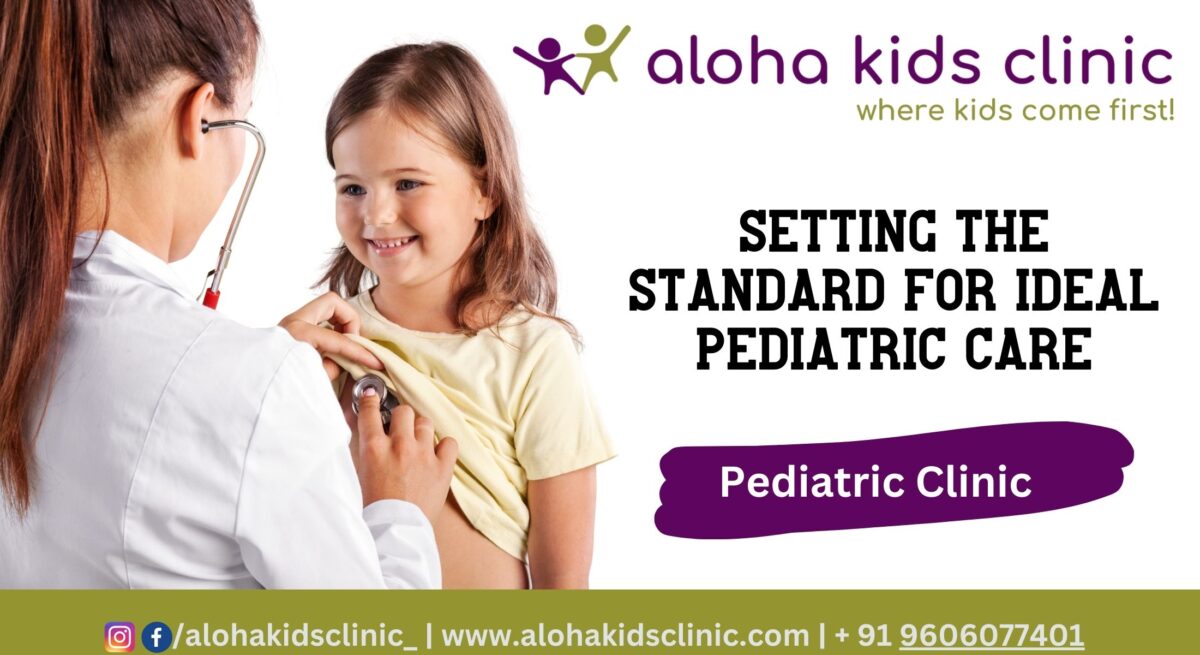World Hepatitis Day: Uniting for a Hepatitis-Free Future
Millions of individuals around the world are infected with hepatitis, a quiet and sometimes misdiagnosed disease that is yet hidden. It is a grave public health concern since this chronic disease can result in ongoing discomfort, liver damage, and even death.
Held annually on July 28, World Hepatitis Day is aimed to increase awareness of the hepatitis virus, which includes the infectious diseases hepatitis A, B, C, D, and E. Furthermore, this day aims to advance preventive, diagnostic, and treatment efforts in the fight against viral hepatitis. Dr. Baruch Blumberg, the scientist who won the Nobel Prize for discovering the hepatitis B virus (HBV) and creating a test and vaccine for it, was born on July 28. This day was selected to commemorate his birthday.
In keeping with the World Health Organization’s (WHO) goals, the World Hepatitis Day seeks to inspire political commitment and drive action to eradicate as it is a hazard to public health.
What is Hepatitis and Why is it a Silent Epidemic?
The hepatitis virus is still largely undetected and untreated, making it a silent epidemic while being present everywhere. The World Health Organization (WHO) estimates that one in 12 persons globally suffers with chronic hepatitis, with 1.3 million people dying annually from hepatitis-related complications. Although viral hepatitis is a serious illness, its impact is frequently ignored.
Types of Hepatitis:
-
Hepatitis A: Typically spread through ingestion of contaminated food and water.
-
Hepatitis B: Transmitted through exposure to infectious body fluids such as blood.
-
Hepatitis C: Primarily spread through blood-to-blood contact.
-
Hepatitis D: Requires hepatitis B infection to occur; spread through blood.
-
Hepatitis E: Similar to hepatitis A, spread through contaminated water.

